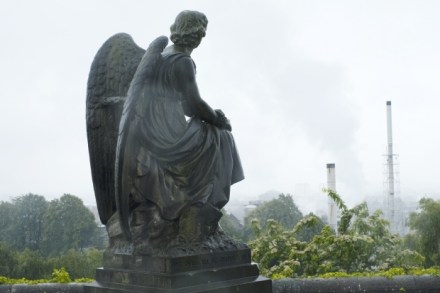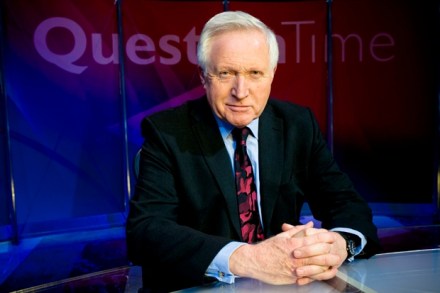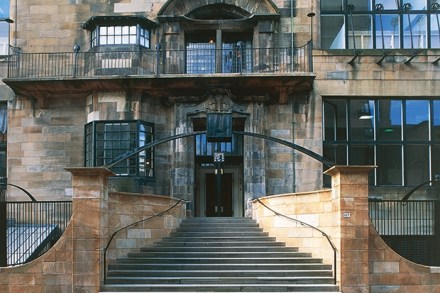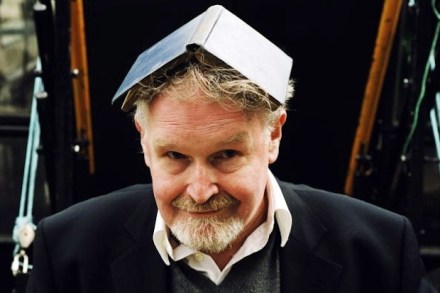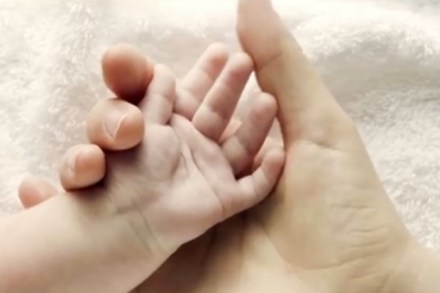Barometer | 27 July 2017
But me no butts Boris Johnson, being taught a Maori head-to-head greeting, joked that it might be ‘misinterpreted in a pub in Glasgow’. But did he offend the wrong city? In 2007 the OED appealed for details on the origin of ‘Glasgow kiss’, meaning a headbutt. Then, its earliest known first use was in the Financial Times in 1987, whereas ‘Liverpool kiss’ (meaning the same thing) was traced back to 1944. The appeal pushed back the Glasgow first use, but only by five years to 1982, when the Daily Mirror said: ‘Glasgow has its own way of welcoming people… there is a broken bottle gripped in the first of greeting.









